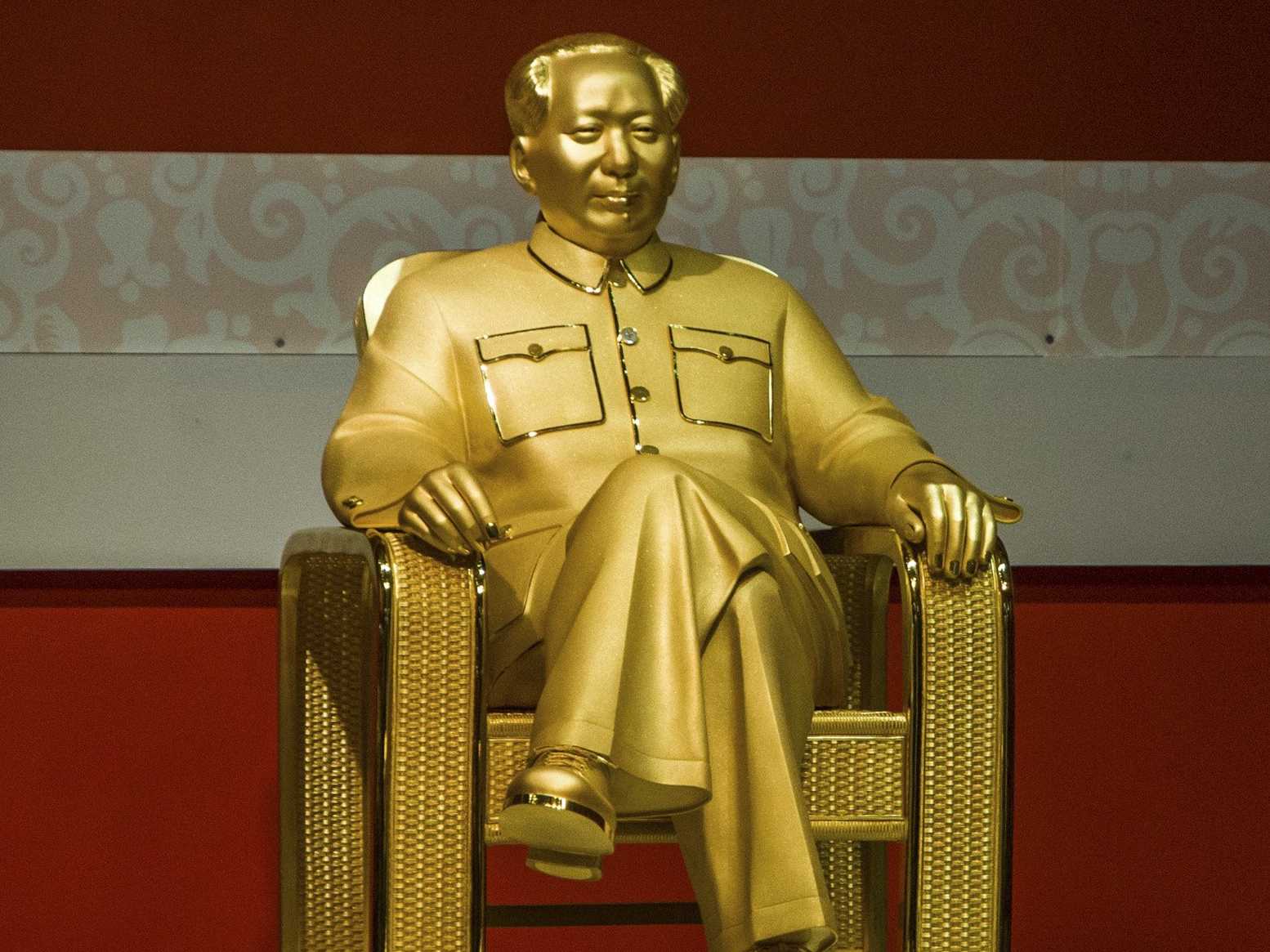Expertise Asia has posted almost 1,000 articles over the past 5 years. Interested readers have the option to contribute to the publication, as an acknowledgment of the value provided to them. Contributions do not commit the author to future production. Thank you for your continued support.

Goldman came out with their 3 big risks for 2017, and are we surprised that China was named one of them? Not really. Also, Bloomberg featured an article authored by UBS’ George Magnus yesterday morning, warning that the country’s shrinking foreign reserves are fast approaching the danger zone. And on, and on, and on… There is no doubt that mainstream has it in for China.
So what if China had to continue supporting the Renminbi for a while longer? It is correct that Chinese reserves have declined, from its record of 4 to 3 trillion. But despite the huge numbers involved, is that a real problem? I have it from a good source that the head of the PBoC isn’t exactly nervous about it. At least he isn’t running around like a headless chicken as the Western mainstream media would like to portray him.
China is obviously interested in some form of stability in the FX market, even if that means guiding the Renminbi lower in a controlled manner. To manage the process effectively a whole lot of Treasury bonds have been shifted in past 6 months. Mind you though, those bonds were mostly sold at record high price levels, and the PBoC seems to believe we have seen the top of that market in any case.
It doesn’t come in handy, but one, a modernising and more domestically focussed China is simply in no need of holding 4 trillion dollars in reserves, nor does it need to hold 3 trillion, maybe not even 2 trillion is a healthy magnitude. In other words, China easily has another trillion if not more to spend in order to keep its currency in check. That’s not nothing, and times will long have changed again by the time those are used up, say in 12-24 months.
There is another aspect to China holding fewer Treasuries in particular. As is widely known China keeps only 2% of its foreign reserves in gold, a ratio far below most countries in the Western world except for Japan, and even materially lower than places like India. The US’ is the largest share with 75%. China as I hear is much keener to push up its gold holding rather than be concerned about its Treasury position.
This is why there has been activity to accumulate more gold recently. Imagine Beijing decided to elevate its gold holdings to 10% of reserves in short order, or even higher corresponding to a declining total reserve balance and to be comparable with the rest of the world? It could have a massive impact on the gold price. It may make a lot more sense to have the Renminbi backed by an arsenal of gold bars instead of US government paper.
There are other good reasons why China would be keen on boosting its gold holdings. You will have heard that Tuesday’s PPI number came in at a whopping +5.5%. Inflation is on the rise, at least in China. To be sure, this is mostly the effect of a combination of the weaker currency and commodity prices having gone up markedly in the second half of last year, such as coal, copper, zinc, crude, you name them…
Does this spur a global reflation move, as suspected by some of the pundits? Granted, commodity prices have also gone up in dollar terms, and that is the main reason why we see inflation expectations in the Western world increase lately. But I wouldn’t be so sure, as commodities are a fickle breed and not guaranteed to climb further in 2017, and with the dollar strengthening no inflation gets imported from places like China.
In any case, when making the effort of looking behind curtains and listening to first-hand information China seems to be going about their imbalances calmly and sensibly. In a natural shift Treasuries are being sold on a net basis at record high prices, to both control the Renminbi and rebalance reserves into gold. And there are plenty of bonds left in the PBoC vaults. To talk about a danger zone being approached is certainly far-fetched.
The postings on this website are confidential and private. The material is provided to you solely for informational purposes and as a complimentary service for your convenience, and is believed to be accurate, but is not guaranteed or warranted by the author. It has not been reviewed, approved or endorsed by any financial institution or regulatory authority in your jurisdiction. It should not in any way be construed as investment advice and/or -recommendation of any kind, in any market and in any jurisdiction. The views expressed therein are none other than the author’s personal views. He is not responsible for any potential damages or losses arising from any use of this information. The reader agrees to these terms.